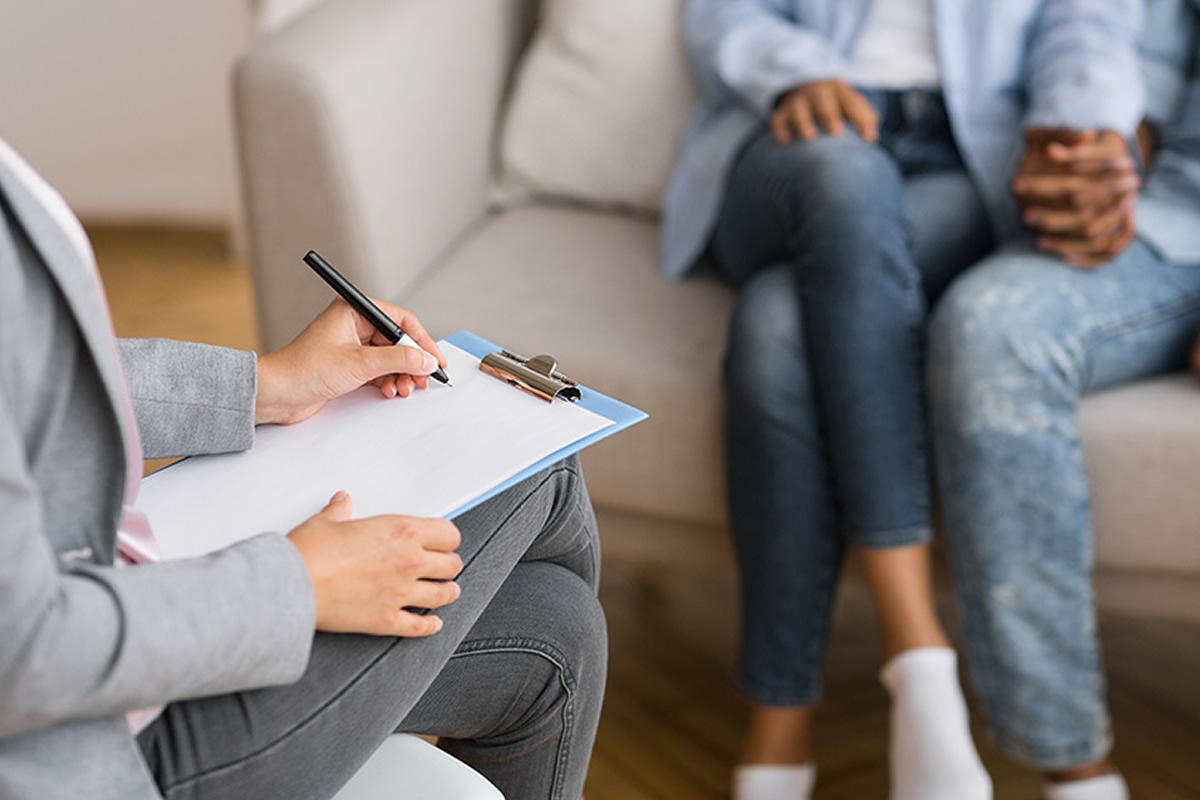
Marriage therapy is one of the most challenging therapy treatments because the provider is dealing with two different individuals instead of just one. While you cannot expect to marriage counsel yourselves, that does not mean there aren't things you and your partner can work on to help improve your relationship. It is difficult for one person to decide to seek therapy independently, but it becomes even more challenging to make a mutual decision as partners to seek relationship counseling. Studies show that it takes an average of six years for couples to decide to seek therapy together.
When not to try DIY marriage counseling.
DIY couples counseling is not always the best idea. It can be dangerous or destructive in some situations. For example, you may make things worse by handling major issues by yourself if your relationship is abusive. Abusive relationships are not always hopeless, but they make it dangerous to try to repair the problem yourself. Dr. Phillips, marriage therapist, can help you find a better way together, though you may need individual counseling. Reach out to law enforcement officials or find temporary shelter outside your home when your partner is violent.
If your intimate partner violence is triggered or linked to untreated substance abuse or mental health conditions, you will need to seek professional help to alter the dangerous patterns in your partnership. If both partners are ready to make changes after the first instance of abuse, counseling may help you keep the situation from happening all over again. However, violence can become a vicious cycle, and the best solution is to dissolve the abusive partnership in many cases.
Psychological barriers to working effectively as a couple.
Sexual or physical violence is not the only thing that can make DIY marriage therapy unsuccessful. Psychological abuse or violence can also make this therapy unsafe emotionally. If your spouse frequently harms you emotionally, puts you down, gaslights you, or makes you feel like you do not deserve assistance in making your relationship better, working on things at home can increase your partner's abuse.
Even kind and respectful couples can come to a point where these efforts will fail. It is not uncommon for many couples to develop a pattern where only one partner is doing the emotional work required to improve their relationship. That one partner also makes an effort to repair the personal problems of their partner. If one or both partners are having struggles in some area of their life and those struggles are causing internal relationship conflict, these issues will need to be addressed individually while improving communication in the partnership about them.
When you should try DIY marriage counseling.
Working on DIY relationship improvement does not require your circumstances to be perfect. Besides, if things were perfect, you wouldn't be interested in therapy at all. However, your efforts are likely to be successful when you both agree your relationship needs work, you are both invested in improving your relationship, and one or both partners are familiar with self-help work or therapy. If you have worked through relationship challenges successfully as a couple and the issues you hope to address come from relationship problems and not individual problems, there is hope. During times of conflict, it is not uncommon for one partner to have a more considerable investment in improving the partnership than the other.
People have different coping and attachment styles, and many find it easier to dissolve complicated relationships or leave than to work together when things get tough. If your spouse cares about your relationship enough to make a concerted effort, doing DIY marriage therapy practices may help you find a way to succeed as a couple. However, if both spouses are not willing to do the work required and don't both believe in improving the relationship, DIY couple’s therapy is bound to fail.
Dr. Phillips, marriage therapist, is available to guide you and your spouse toward a better relationship when DIY counseling techniques are not successful. Contact us today for more information.
